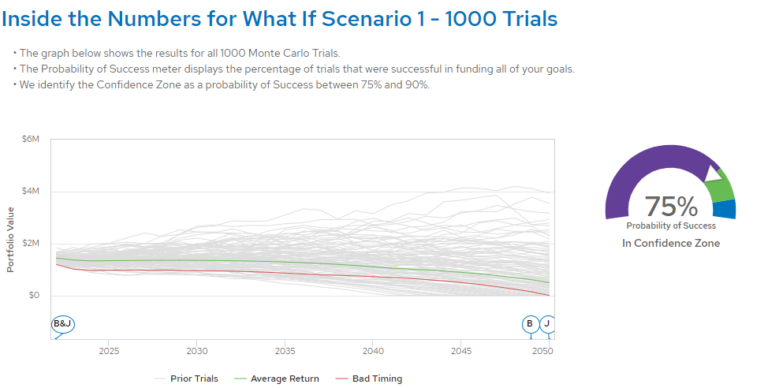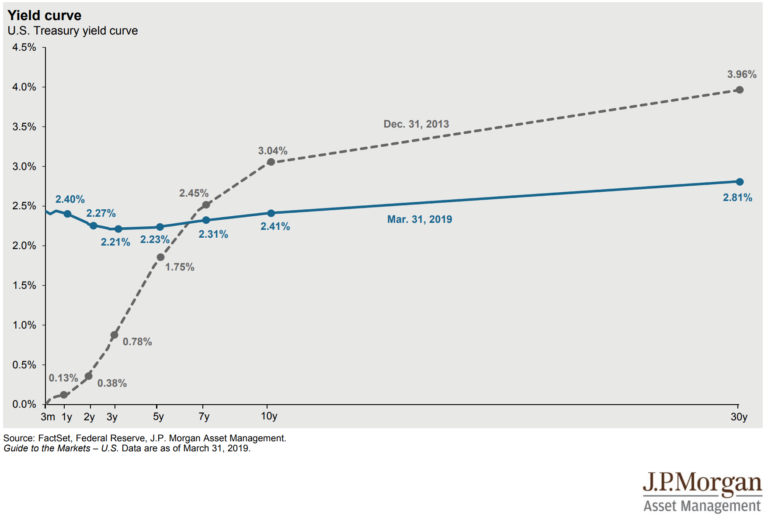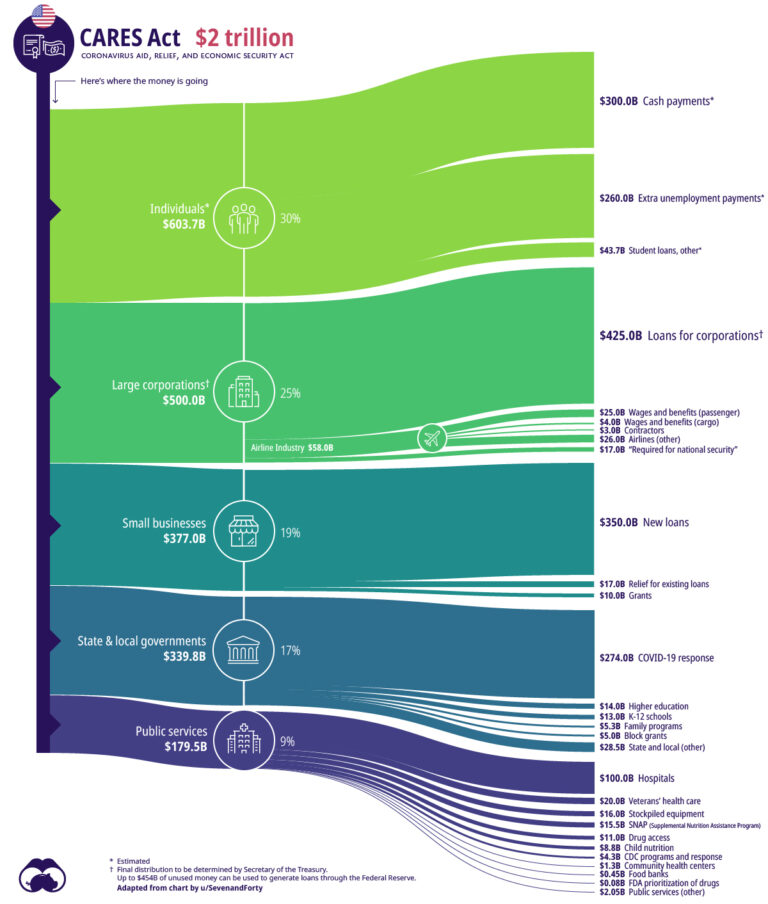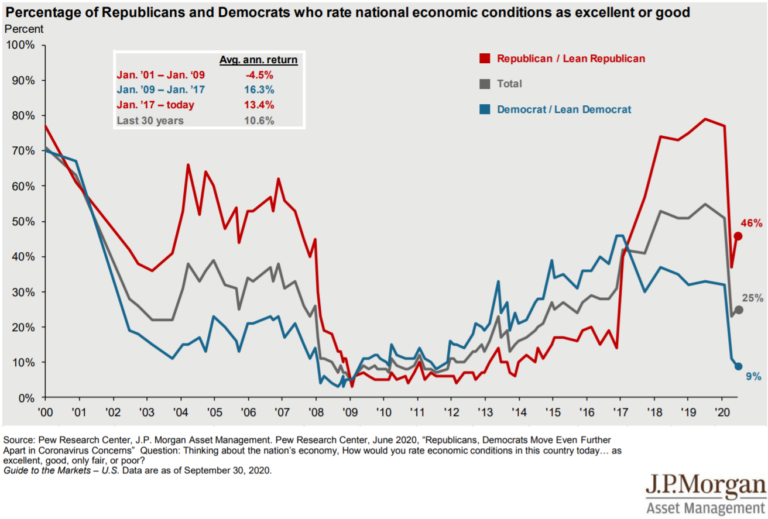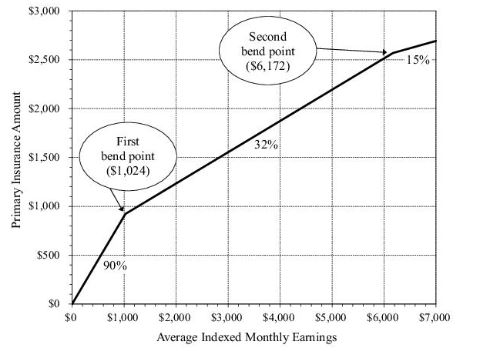Should Your LLC Be Taxed as a Partnership or an S-Corp?
Most new business owners might not know that as an LLC, you can choose to file taxes either as a Partnership or as an S-Corp. What should you choose? Big surprise: it depends! However, from 10,000 feet up, one of the key differences is that all income earned in a Partnership is subject to both income tax rates and FICA tax rates. When taxed as an S-Corp, you pay yourself a reasonable wage, and the remaining income is a distribution that avoids FICA taxes!
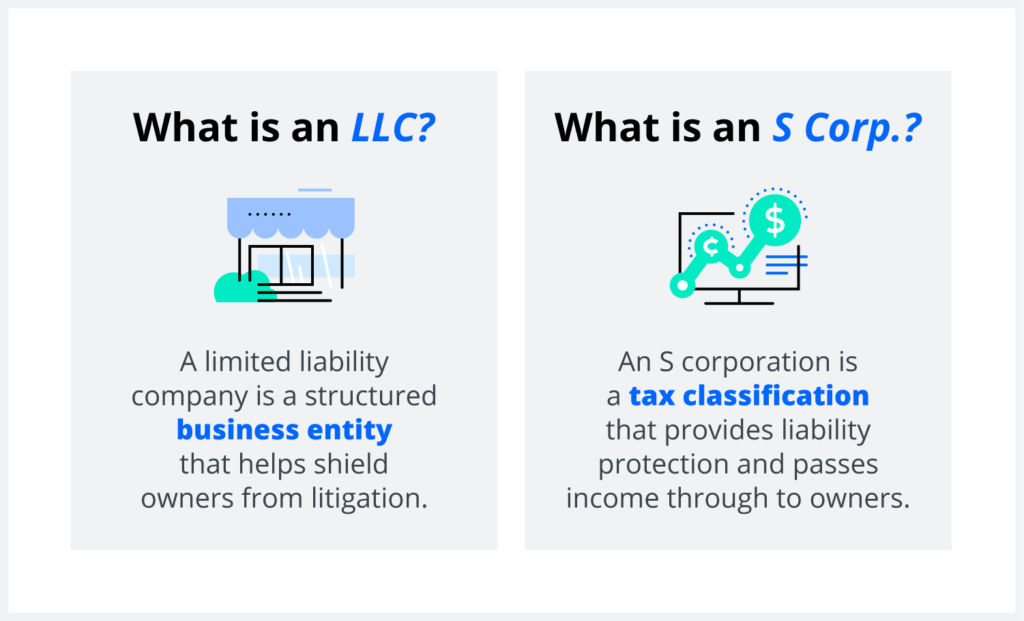
What is the 15.3% FICA (Federal Insurance Contributions Act) tax?
Employees:
- 6.2% social security (paid up until $142,800 income in 2021) along with a matching 6.2% by their employer.
- 1.45% Medicare tax on the first $200,000 of wages ($250,000 for joint returns; $125,000 for married taxpayers filing a separate return) along with a matching 1.45% by their employer.
- 0.9% additional Medicare tax (regular 1.45% Medicare tax + 0.9% = 2.35%) on all wages in excess of $200,000 ($250,000 for joint returns; $125,000 for married taxpayers filing a separate return).
Self-Employed Individuals:
- 12.4% OASDI on the first $142,800 of self-employment income, for a maximum tax of $17,707.20 (12.4% of $142,800)
- 2.90% Medicare tax on the first $200,000 of self-employment income ($250,000 of combined self-employment income on a joint return, $125,000 on a separate return)
- Additional 0.9% (2.90% regular Medicare tax + 0.9% = 3.8%) on all self-employment income in excess of $200,000 ($250,000 of combined self-employment income on a joint return, $125,000 for married taxpayers filing a separate return).
What do FICA taxes have to do with filing as a Partnership or S-Corp?
We will only be looking at the difference in FICA taxes owed for our examples, as that’s the only variable we can change. Federal and state income taxes will be the same regardless of your filing decision. Keep in mind that if you want to avoid FICA taxes, you can’t push all of your income through as a distribution. You must receive a reasonable wage first, and then everything above that amount can be distributed.
Example #1: Carpenter – Self Employed, Jonathan ($140,000/Single)
LLC and taxed as a Partnership:
Income: $140,000
Total FICA Tax= $140,000 * 15.3% = $21,420
LLC and taxed as an S-Corp:
Reasonable Income: $70,000
Distribution: $70,000
Total FICA Tax= $70,000 * 15.3% = $10,710
Total FICA savings for Jonathan: $9,210 ($10,710 – $1,500 tax prep cost) by filing taxes as an S-Corp.
Example #2: Dentist – Self Employed, Paul ($400,000 income/Single):
LLC and taxed as an LLC:
Income: $400,000
$142,800 * 15.3% = $17,707.20
$57,200 * 2.9% = $1,658.80
$200,000 * 3.8% = $7,600.00
Total FICA Tax: $26,966
LLC and taxed as an S-corp:
Income: $400,000
Reasonable Income = $150,000
Distribution = $250,000
$142,800 * 15.3% = $17,707.20
$7,200 * 2.9% = $208.80
Total FICA Tax = $17,916
Total FICA tax savings for Paul: $7,550 ($9,050 – $1,500 tax prep cost) by filing taxes as an S-Corp.
The examples above seem to illustrate the overwhelming tax benefits of filing as an S Corp. However, when it comes to taxes, the answer is rarely straightforward. When I reviewed these scenarios with CPA John McCarthy, he pointed out the complexity in taking into account the 50% FICA tax deduction and QBI deduction and accounting for their impact on your tax picture.
Considerations When Filing as an S-Corp
- Increased effort: You need to determine a reasonable salary and separate your income streams into salary and distributions. It can be helpful to talk to peers in similar businesses, review industry compensation studies, consult with a CPA who is familiar with your line of work, or even contract a compensation study. The IRS allows multiple methods to compute and document reasonable wages, including a piecemeal approach that often drives down reasonable compensation for higher tax savings.
- Increased Tax Preparation Cost: It will cost $1,000-2,000 because filing as an S-corp is more complicated, and your tax preparer will charge you to take on this increased complication.
- If your reasonable income is close to your actual profit, then it may not be worth the trouble of filing as an S-Corp.
What Should You Do?
The above is not tax advice, but hopefully, it will make you a more informed business owner and taxpayer. Filing as an S-corp by no means guarantees savings. If you work in dentistry, construction, marketing, or any other small business and are wondering what you should do next, I recommend contacting a tax professional (CPA/EA) to review your specific situation.



